Signing a generous cheque in order to enjoy a private, exclusive moment – without crowds – at the Colosseum, the Pantheon, or sitting on the Spanish Steps should not be seen as scandalous nor outrageous.
Imagine taking in the view of the Trevi Fountain at sunset, by yourself in a deserted Rome, after having splashed out ten or hundreds of thousands of euros, just to see the sun go down and relax for an hour.
READ ALSO: ‘I love Italy’: Jason Momoa apologises over Sistine Chapel photos
The big fuss over American actor Jason Momoa taking pictures of the Sistine Chapel recently during his Roman stay while shooting his next movie has raised eyebrows worldwide and caused much ado about nothing. It even made global headlines.
The main complaint was that the actor had been granted the privilege of taking photos. in spite of the ‘no-photo’ ban, which many said apparently applied only to ‘ordinary people’.
Personally, I don’t see what the big deal is about Momoa’s not-so intimate moment in the Sistine Chapel.
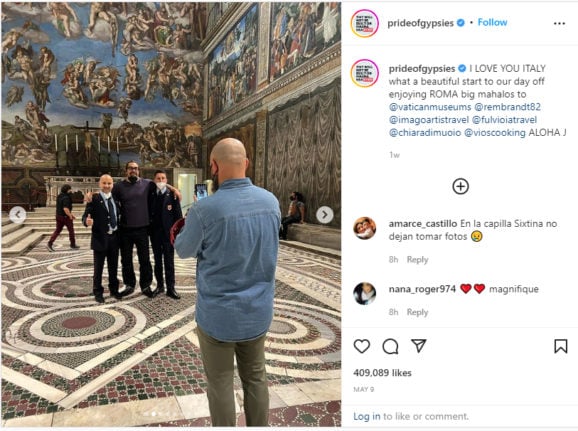
We Italians tend to look down on tourists who are constantly grabbing their camera to take pictures. We consider our artistic heritage untouchable, or in a way, non-reproducible through photography.
But Momoa was not committing a crime.
He later apologized, and explained that he had paid for an exclusive “private moment” by giving the Vatican Museums a large donation.
I think this is something positive: a ‘mechanism’ that could be exploited to raise cash for city coffers and urban projects – instead of raising local taxes that weigh on Italian families.
Rome, and all other Italian cities, should rent out such locations for events – even for just one night, or one hour – in exchange for a high fee.
The rich and famous would be more than happy to pay for such an opportunity to enjoy Italy’s grandeur. As would ordinary people who may decide they can afford it for a special occasion.
These are solo, one-in-a-lifetime experiences in top sites, and must be adequately paid for.
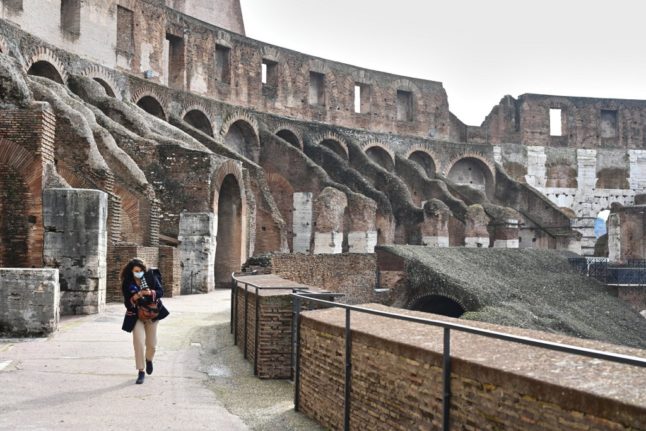
Italy is packed with historical, artistic and archeological gems that the entire world envies, people flock here just for a selfie in front of the Looming Tower of Pisa.
So why not make a leap forward and raise the bar for ‘private moments’; something Momoa, despite the unknown sum of money he paid, did not even actually get.
I’m not suggesting Italian cities lease monuments for weeks or months, for they belong to all humanity and everyone has a right to enjoy them. But allowing exclusive, short private experiences at Pompeii, or Verona’s arena, or just time to stare at Botticelli’s The Birth of Venus or Michelangelo’s The Last Judgement, should be seen as a source of extra revenue, not a taboo.
Italy should economically exploit its infinite artistic treasures as a powerful money maker, unleashing the full potential of it.
If offered the chance, I think Elon Musk would not mind paying hundreds of thousands of euros, or even millions, for a private corporate cocktail party at the Colosseum.
OPINION: Italy must update its image if it wants a new kind of tourism
Of course, you’d need rules: a strict contract with specific clauses in case of damage or guest misbehavior; a detailed price list; and surveillance to safeguard the site during the private event. And extremely high fines if any clause is breached.
It’s a matter of looking at a city from a business and marketing perspective, not just a touristic one.
Today you can already take a private tour of the Vatican Museums for a higher ticket price, but it’s mostly for groups of 10 people, and there’s always a guide with you. You’re never really ‘still’ in your favorite room, so forget having a completely ‘private moment’.
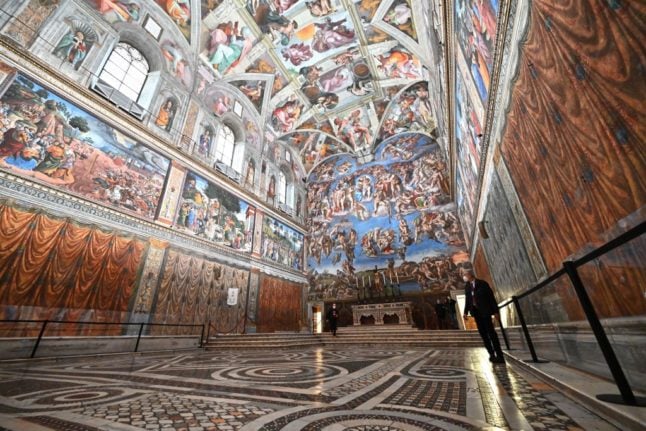
One model city to take as reference is Florence, which in the past few years has done a good job of promoting the city brand.
The mayor’s office has set up a special committee that rents out Renaissance piazzas for private wedding celebrations and birthday parties, as well as several key historical spots like the Giardino delle Rose, and Palazzo Vecchio, the historical headquarters of the town hall.
There is an online menu with all the locations available for weddings and other private events, depending on the number of guests and type of celebration.
Those interested should contact the town hall’s special ‘wedding task force’ if they want to book frescoed rooms in ancient palazzos or other buildings owned by local authorities. Last time I enquired, some elegant rooms are available to hire for as little as €5,000.
Venice, too, has attempted to raise cash by renting the façades of public buildings overlooking the Canal Grande to global fashion brands for advertisements, but the move raised eyebrows among locals.
Even in Florence, residents weren’t so pleased to see huge, lavish billionaire Indian weddings celebrated in front of their palazzi, blocking access to their homes.
Italians need to reset their mentality. If anyone is willing to pay big money to enjoy the solo thrill of a site or location, we should be more than happy to allow it.
As a result, we might end up paying lower city taxes for waste removal, water and other services. Every day, for free, we share the Trevi Fountain and Piazza Navona with masses of noisy, coin-throwing, gelato-slurping tourists; why not occasionally accept a generous donation from a VIP or philanthropist eager to pay for a moment alone in the company of Bramante and Brunelleschi?
We would only be helping our cities to maintain their artistic heritage, which fills us with pride.

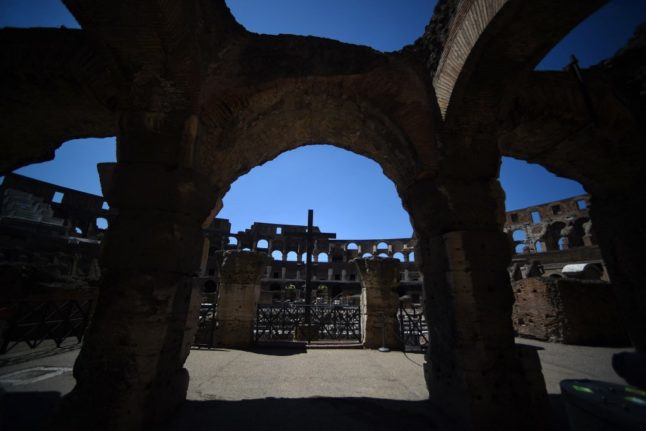
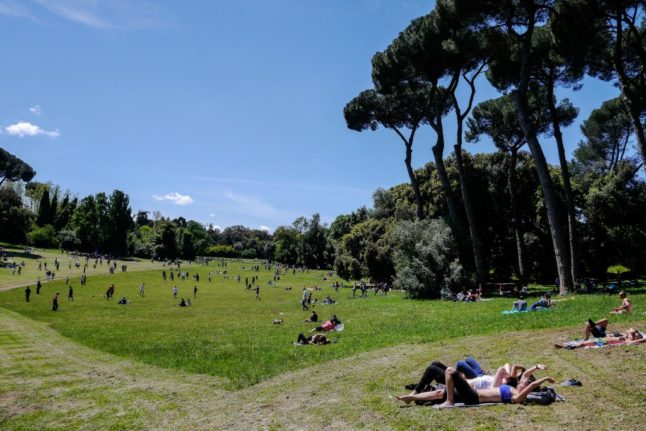
 Please whitelist us to continue reading.
Please whitelist us to continue reading.
Could work the opposite, local citizens paying higher city taxes, these sites would have to be constantly looked after and restoration kept to a high degree, to attract the so called high flyers willing to pay a high price for the privilege!
Although If the earnings(fees) however were returned to the upkeep of these sites, this could be the factor, these returns(fees) would have to be fully transparent, all the hands which money (fees) passes over must be accounted in terms of due diligence in the public (humanities) interest.
Site Mr J. Momoa’ “contribution” to embolden the Vatican State coffers-as an example.
At first I thought that It was not right for Momoa to be able to take the photographs but as I was reading this article I realized that this is no different than paying for a first class ticket on a plane. So, yes, perhaps it is a good thing to have wealthy people pay for experiences like this but we all know what usually happens…..things get way out of hand and you end up with too many people vying for the same experience.